Hannah McCarthy: Irish-funded school in Palestine destroyed by Israel - is it the first of many?
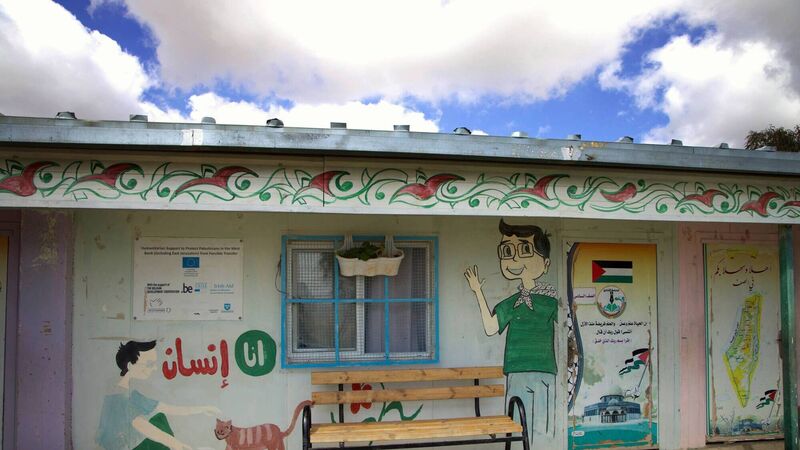
An EU-funded Palestinian school in Wadi as-Seeq in the southern West Bank which is at risk of demolition. Despite repeated condemnation from many EU governments, the destruction of Palestinian structures and homes by Israeli forces has become a familiar scene in the West Bank. Picture: Hannah McCarthy
At the end of April, an Irish diplomat visited a Palestinian school in Jabbet al-Dhib near Bethlehem. Along with other EU representatives and NGOs, they were there as part of a publicity campaign to dissuade the Israeli authorities from demolishing the small school that served 45 students living in the remote area of the West Bank.
On Sunday, May 7, less than two weeks after that visit, bulldozers trundled towards the school in Jabbet al-Dhib. Young Palestinian protestors threw rocks while Israeli soldiers responded with tear gas. By the end of the day, the school built with funds from several EU countries, including Ireland, lay in rubble.
In a statement in the Dáil on Tuesday, the Tánaiste and Minister for Foreign Affairs Micheál Martin said that he was “disturbed” by the demolition of the school and that “such acts negatively impact essential education for Palestinian children. Martin urged Israel “not to proceed with demolitions and to cease all settlement activities.”
Despite repeated condemnation from many EU governments, the destruction of Palestinian structures and homes by Israeli forces has become a familiar scene in the West Bank.
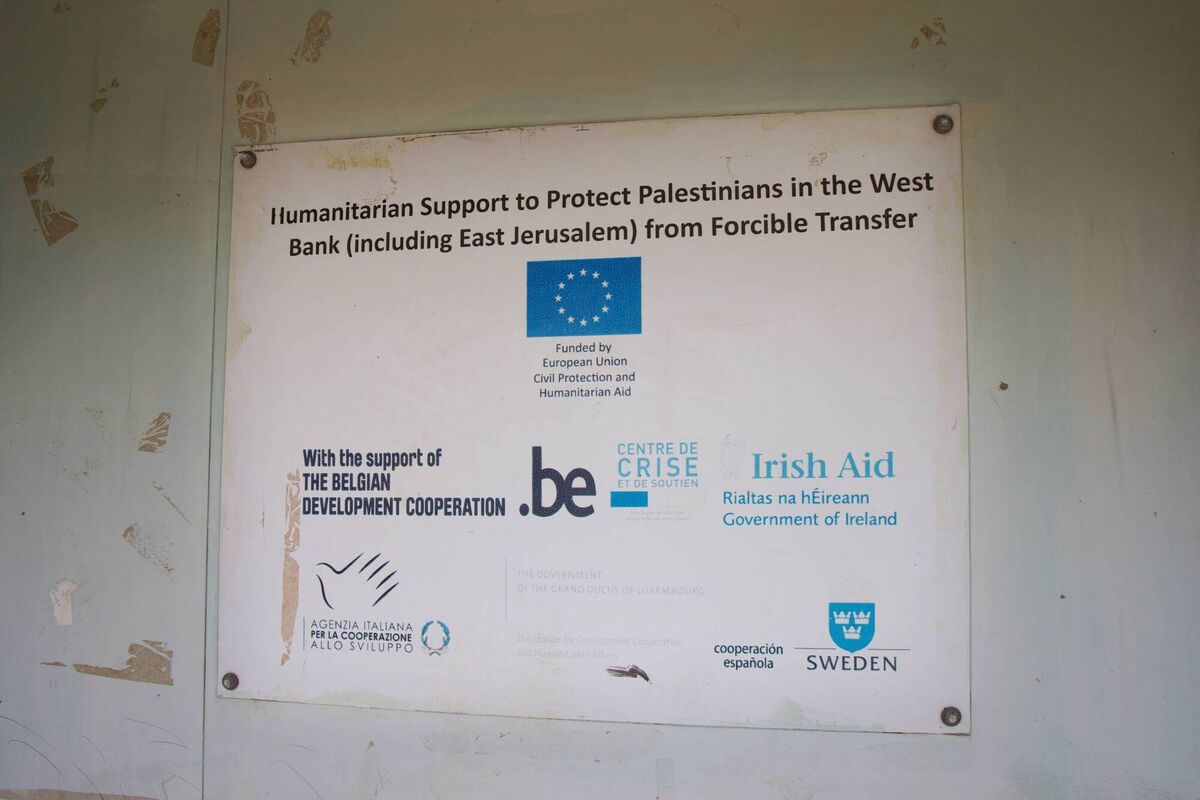
MEP for Ireland South Grace O’Sullivan who visited the West Bank in February as part of an EU parliamentary delegation told that “57 schools are facing the same threat” as the school in Jabbet al-Dhib.
“Make no mistake this is part of a prolonged and planned assault on basic Palestinian services designed to make the West Bank unliveable for young Palestinians, while illegal Israeli settlements expand unabated,” says O’Sullivan, who is a member of the Green Party.
The majority of demolition orders have been carried out in Area C of the West Bank which represents 60% of the West Bank and is fully administered by Israeli authorities. The majority of illegal settlements in the West Bank — with an estimated Israeli population of 400,000 — are located in Area C.
According to the Israeli authorities, which retain control over planning and construction in Area C, the demolition orders are carried out on the basis that the Palestinian buildings have been erected without Israeli-issued building permits. However, Peace Now, a left-wing Israeli advocacy group that monitors illegal settlements, says only around 2% of all requests by Palestinians for building permits in Area C have been granted over the last two decades.
The majority of Palestinian applications are rejected by the Israeli authorities on the grounds that the relevant area has not been zoned for construction — even when the land for which the permit is requested is undisputedly owned by the Palestinian applicant.
The lack of homes and public infrastructure approved and provided by Israeli authorities for Palestinians in Area C, which under international law is deemed occupied, led to the formation of the West Bank Protection Consortium (WBPC) by several EU states including Ireland. WBPC supports humanitarian partners working in Area C and projects such as the school at Jabbet al-Dhib.
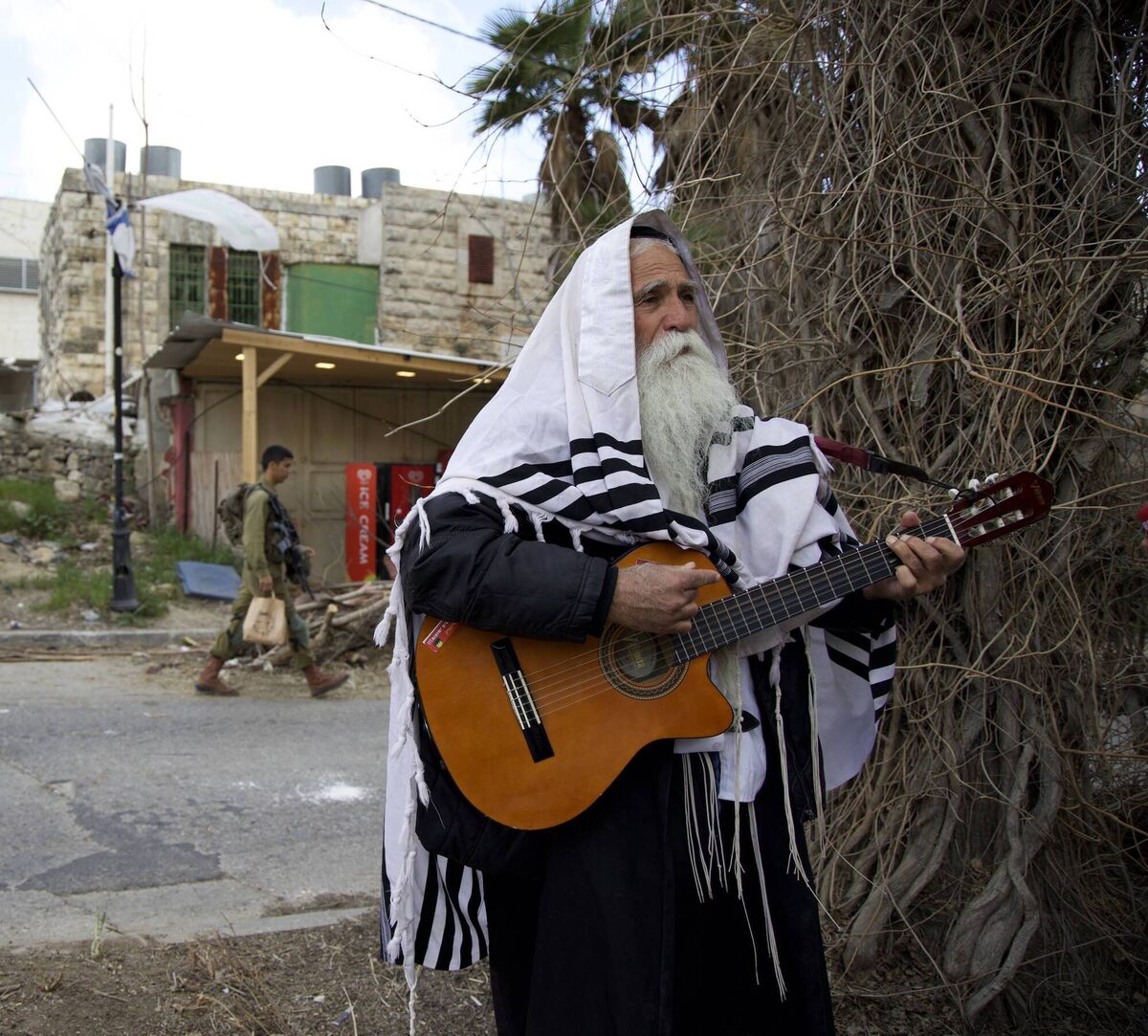
According to The Department of Foreign Affairs, Ireland provided €300,000 in funding to the WBPC in 2022 as part of Ireland’s “commitment to reducing the vulnerability of Palestinian communities living in Area C of the West Bank.”
How has the EU responded to the destruction of its aid in the West Bank?
Last year, more than €330,000 worth of EU-funded projects alone were confiscated or demolished in the West Bank under Israeli orders. Since 2015, the WBPC has sought €1,170,000 in compensation for damage to EU-funded aid projects in the West Bank.
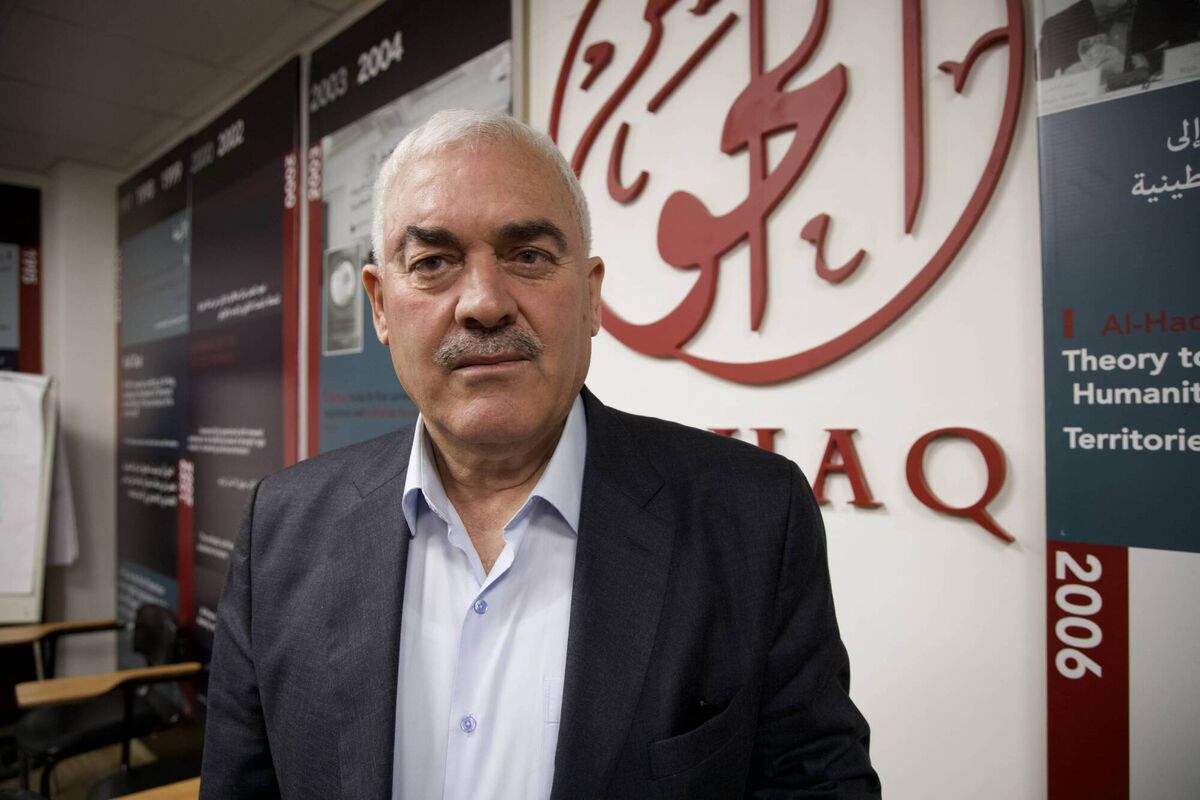
Shawan Jabarin, the director general of the Palestinian human rights organisation Al Haq based in Ramallah, has urged EU states to take a strong stance against Israel including banning imported goods produced in illegal settlements in the West Bank and banning settlers from the Schengen visa programme which allows grantees to travel across the Schengen region (which excludes Ireland, where Israeli citizens are required to apply separately for visas).
Jabarin argues that allowing Israel to profit from illegal settlements on Palestinian land undermines international law and human rights principles, while allowing Israeli settlers in the West Bank to apply for Schengen visas, but not local Palestinians, is unfair.
Senator Frances Black previously put forward the Occupied Territories Bill in 2018 which, if enacted, would have banned the sale of goods and services originating in illegal Israeli settlements established on occupied Palestinian land.
The Government voted against the Bill on the basis that it was not compatible with EU law (a view which has been challenged by several legal experts) and that it would undermine Ireland’s role in a future Middle East peace process.
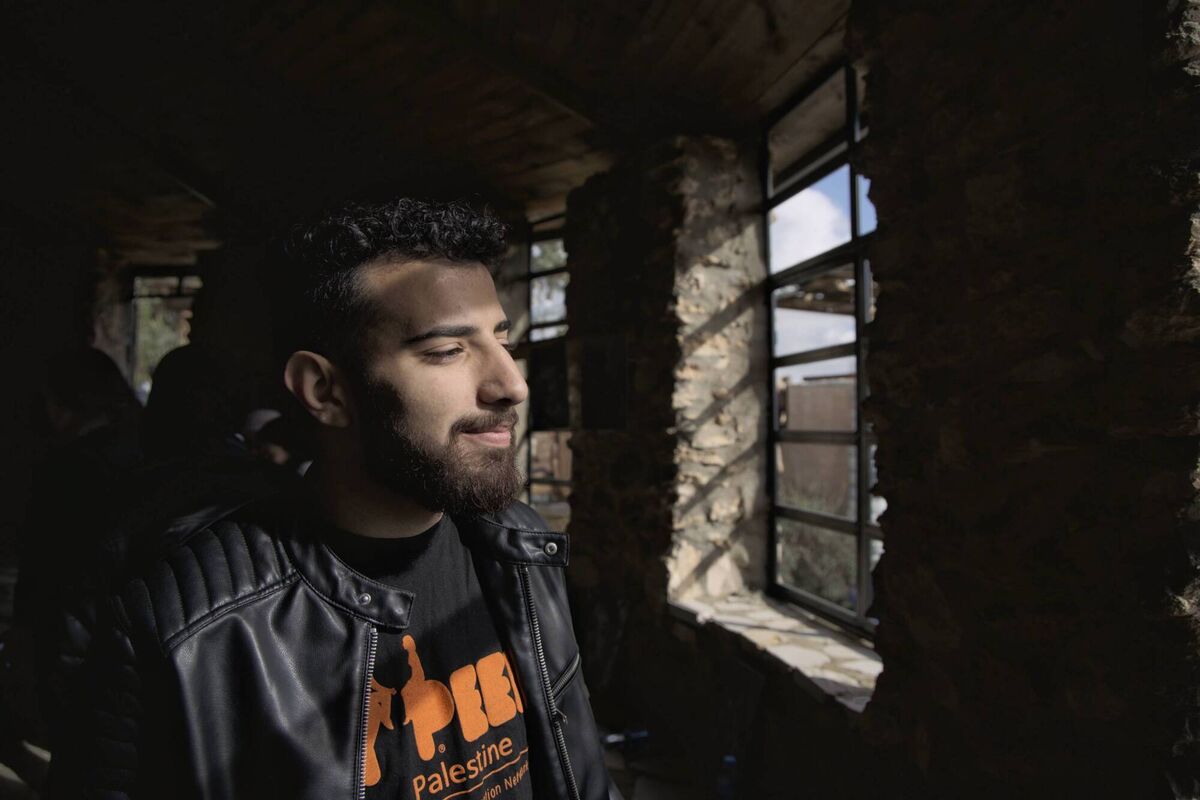
In March, Martin reiterated the government's position that “the Occupied Territories Bill would not be compatible with EU law, and would not be implementable”.
O’Sullivan has called for a change in EU policy towards Israel: “We need to move away from the stale statements on preserving a two-state solution and towards action including a ban on imports from illegal Israeli settlements and cutting research and co-operation funding as long as annexations and demolitions continue.”
The Irish MEP criticised EU Commission President Ursula Von der Leyen for instead “increasing co-operation with Israel and signing gas deals with Tel Aviv” and says the top EU official “has rewarded Netanyahu for demolishing schools that EU funds have built”.












